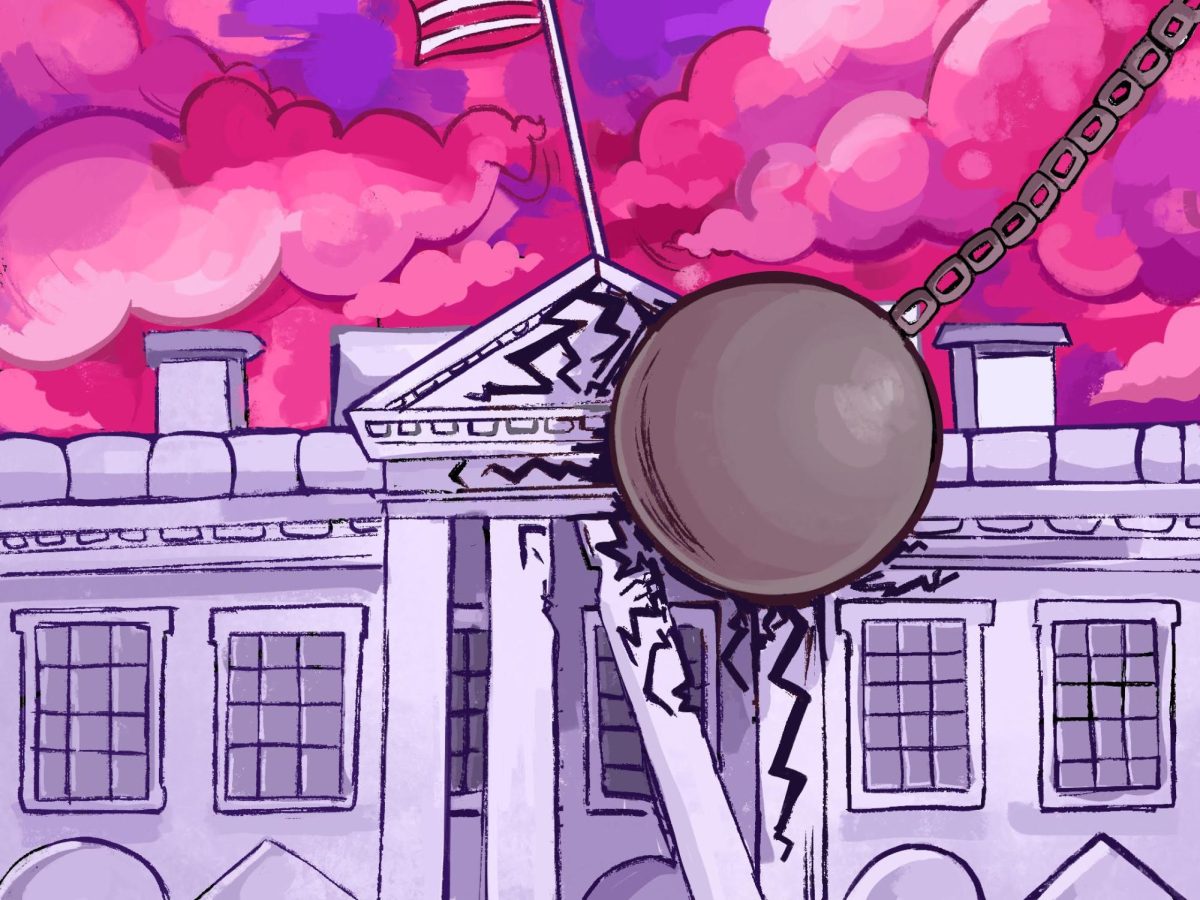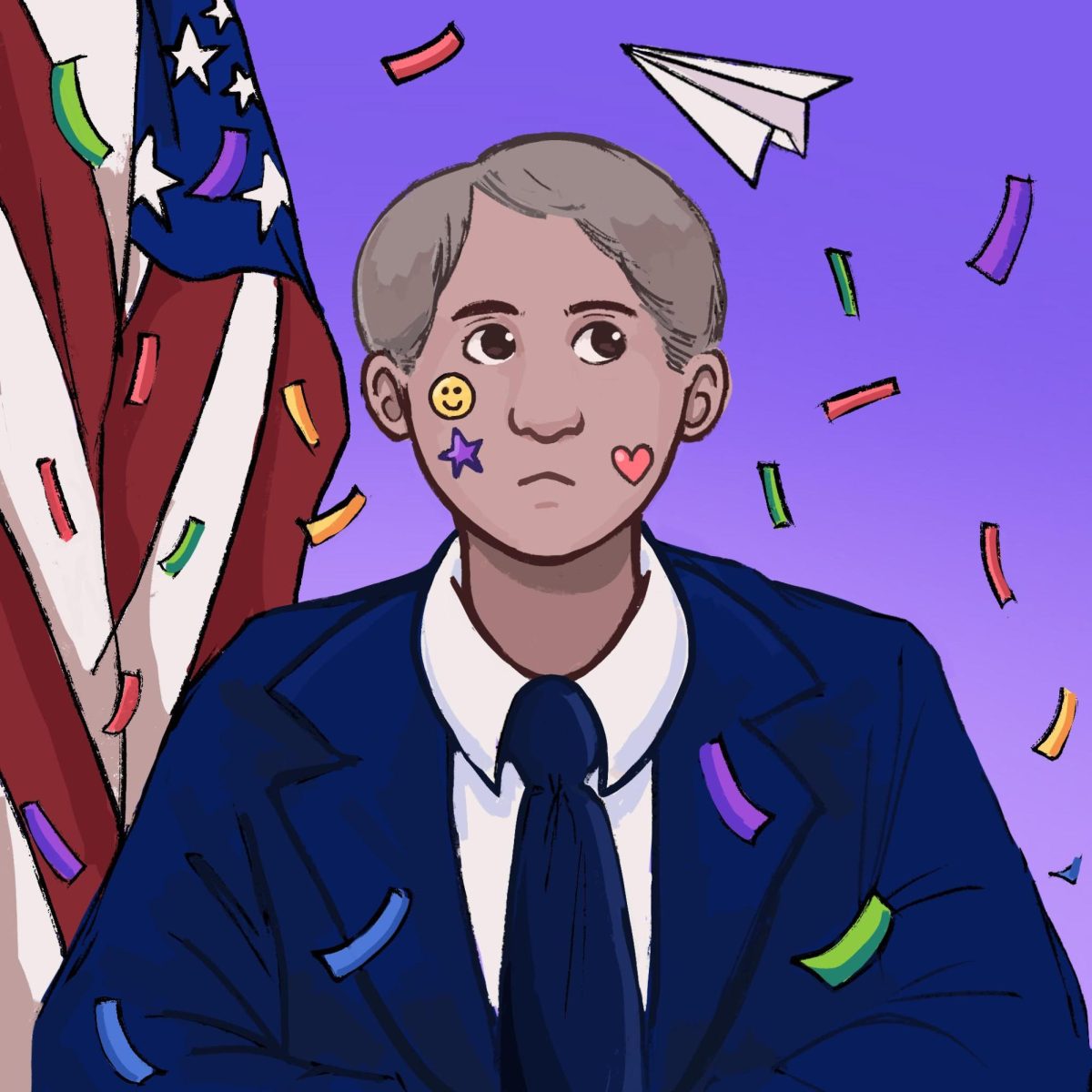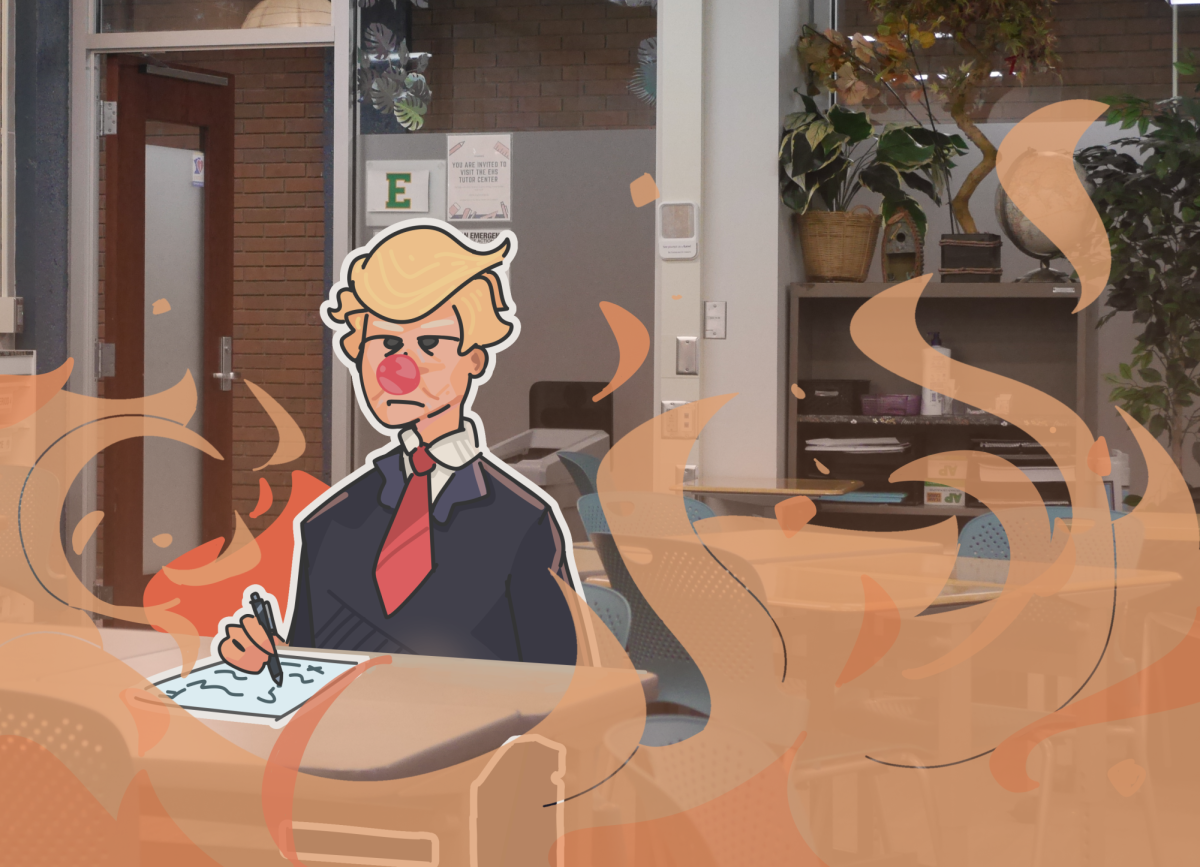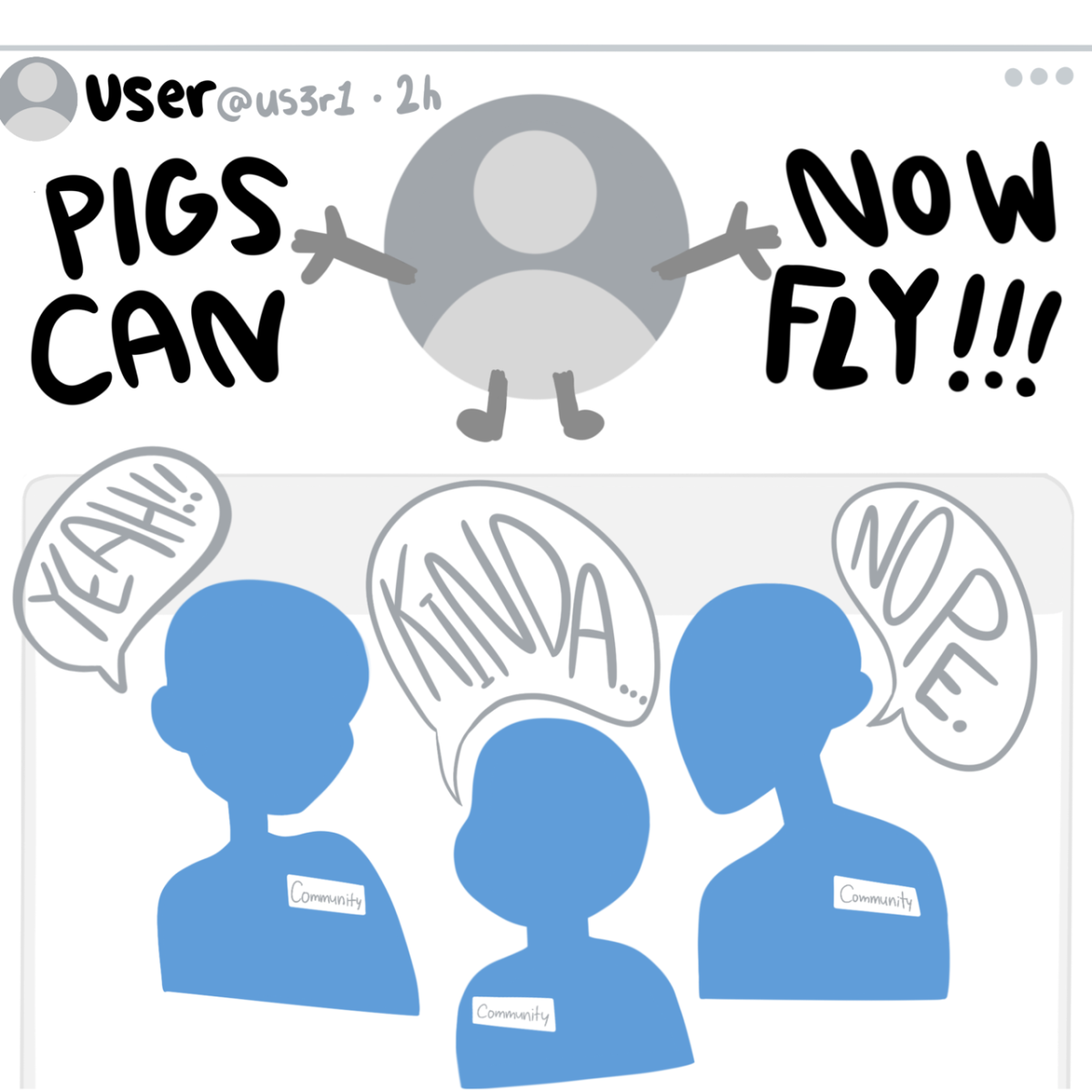The national political landscape is bleak: Supreme Court corruption, a dysfunctional and divided Congress, and a geriatric serving in the Oval Office. This disheartening scene often leaves Americans disillusioned by the state of political affairs, wondering how a country once hailed for its exciting, innovative system of democracy could have strayed so far from our founders’ ideals. While the mainstream media focuses its attention on the spectacle that is the looming 2024 Presidential Election, the upcoming local elections in early November 2023 should serve as a reminder that the most impactful policy changes directly affecting our daily lives occur at the local level.
Local government is the quiet hero of our political system. While the national government is making headlines for its dysfunctional institutions, which are unable to pass legislation that has a majority of support from the American populace, local governments are working diligently to address the pressing needs and concerns of their constituents in communities across the country. Local governments shape the world we live in. From maintaining our roads, ensuring public safety, managing educational systems, local health-care systems, and other essential services, local governments provide the support needed to survive and function during our everyday lives.
The paradox America faces is that, despite the profound influence that local government holds, it struggles immensely to capture the public’s attention. Local elections, compared to their national counterparts, consistently experience low voter turnout, even though it’s local government that often has a greater impact on the day-to-day lives of voters. The enthusiasm and civic engagement that fuels presidential elections every four years, unfortunately, seems to wane when it comes to electing the roles of city councils, school boards, local commissions, and mayoral races.
So, why is local government less alluring than the grand theater of national politics? At a national level, many politicians have recognized that, in the age of social media, the most radical opinions get the most clicks and attraction online. Corporate media, particularly cable news, has also realized that to stay competitive in a 24-hour news cycle, they must promote sensationalism and hysteria over nuanced and balanced reporting, which simply doesn’t sell as well to their viewers. Promoting wedge issues, division, and fear generates higher ratings as well as higher profits for cable news companies. For national-level politicians, these tactics boost online popularity and strengthen support from their devoutly ideological voter base.
Conversely, local governments often fail to generate the chaos and excitement of national politics, because they operate in a space where the need for compromise, pragmatism, and practical solutions often outweigh rigid ideology. Local policy can be bland, bureaucratic, and may even seem inconsequential. This anti-drama approach is key to creating substantive policy change, but unfortunately, it often loses the attention and excitement of voters.
This piece was originally published in Zephyrus’ print edition on October 12, 2023.






